Empress Dowager Cixi (1835-1908) entered the palace as a concubine for Emperor Xianfeng as a child. In 1856, she gave birth to Emperor Xianfeng's son, Tongzhi, who later became emperor of China. Although it has been 109 years since the death of the "old Buddha" Empress Dowager Cixi, who ruled China for nearly five decades during the Qing Dynasty (1644-1911), scholars still have mixed opinions about her role.
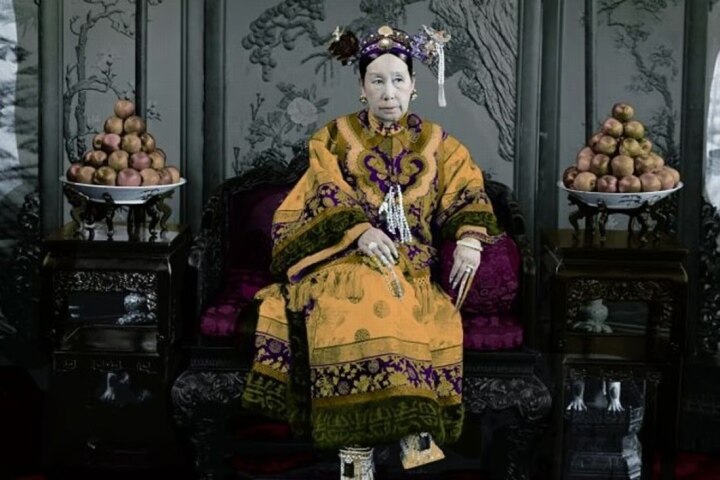
Empress Dowager Cixi in a photo taken in 1903. She wore a popular hairstyle during the Qing Dynasty, called the Liang Ba Dau, with her hair divided evenly and tied on both sides. (Photo: SCMP)
Empress Dowager Cixi was criticized for her lavish lifestyle and royal privileges while her people suffered. However, after taking power, she actively supported the Self-Strengthening Movement - a period of economic and military reforms that helped transform China from a backward feudal society into a more modern nation on the world stage.
Historians inside and outside China are still debating her merits and crimes. Some describe her as cruel and autocratic, blaming her for the end of the Qing Dynasty, while others praise the changes and reforms she brought about.
Like to dress up
Empress Dowager Cixi was famous for her love of dressing up and taking pictures. The Palace Museum in Beijing still holds more than 100 photos of her wearing more than 30 gorgeous dresses made of high-quality silk and pearls. She wore jewelry and jade. She had 25 hair tools, used to curl and style her hair in many different ways. She often wore flowers and gold hairpins.
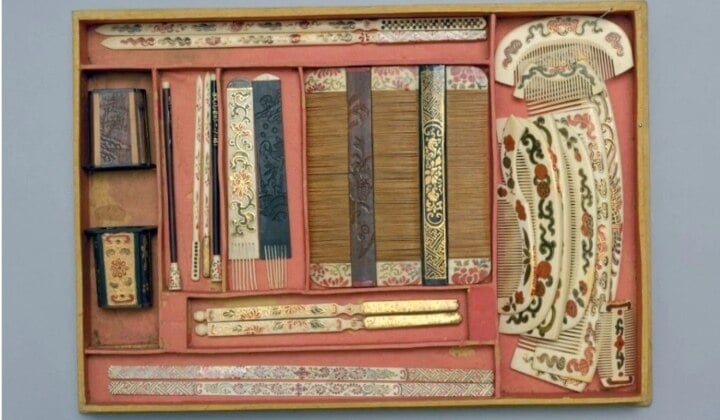
Empress Dowager Cixi's 25-piece hairdressing tool set. (Photo: Palace Museum)
Travel by private rail
To gain her support in developing the country's railway network, minister Li Hongzhang proposed building a railway exclusively for imperial use in the West Garden west of the Forbidden City.
The Western Garden includes both Beihai and Zhongnanhai, the main residence of Empress Dowager Cixi after 1888.
The first imperial railway in China began construction in 1886 and was completed in 1888. The 1,510-meter-long line started near the Yiwan Palace, the residence of Empress Dowager Cixi in Zhongnanhai, and ran straight to the Jingxinzhai banquet venue in Beihai.
The line had a stop in the middle, at Ziguangge. The line was later named Ziguangge Railway.
To highlight her authority, Empress Dowager Cixi also decorated the curtains of her carriage and Emperor Guangxu's (son of Empress Dowager Cixi's sister) in yellow, while red and blue were reserved for the royal family and officials.
Unfortunately, this railway was destroyed by Western armies during the war of 1900.
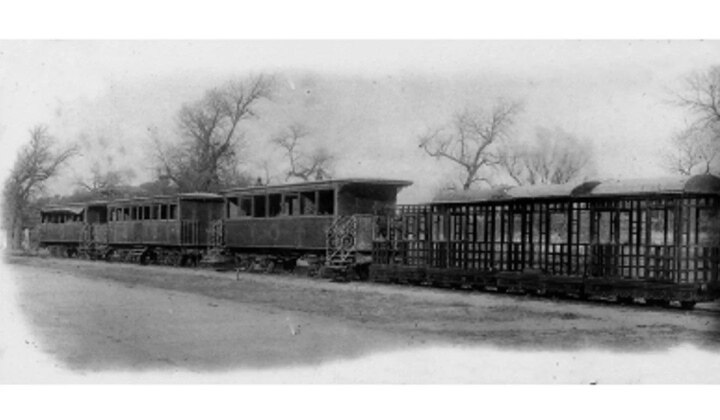
Railway running through Ziguang Pavilion. (Photo: Palace Museum)
120 dishes per meal
In addition to the Imperial Kitchen, which served the emperor's concubines, Empress Dowager Cixi built a separate kitchen in the Forbidden City, called the Western Kitchen. The Western Kitchen was divided into five rooms, specializing in making meat dishes, vegetarian dishes, rice - dumplings - noodles, snacks and cakes.
The chefs at Western Kitchen know how to make more than 400 types of cakes and 4,000 different dishes, including rare dishes such as bird's nest, shark fin, and bear paw.
According to the book Empress Dowager Cixi by author Xu Zhe, a scholar and expert in Qing Dynasty research, Empress Dowager Cixi was served 120 different dishes at each meal. However, she only ate a few dishes, one or two bites of each dish, for fear of being poisoned.
Empress Dowager Cixi also gave leftover food to concubines, officials and eunuchs, who considered this an honor.
Tu Triet said that the story about her eating 150,000 apples a year, or more than 400 a day, is not true. In fact, she does not eat apples, but just likes to smell them. She also likes to smell many other fruits such as pears and peaches. When the fruit loses its scent, new fruit is offered.
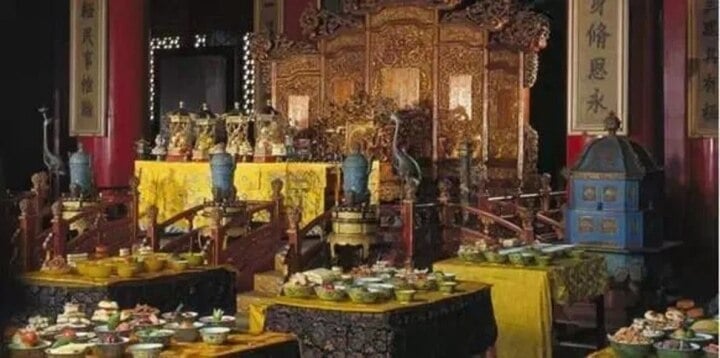
Reconstruction of Empress Dowager Cixi's meal. (Photo: Palace Museum)
Pet dog has servants to serve
Keeping pet dogs was a popular hobby in the Qing Dynasty palace. In the Qing Gong Er Nian Ji (a chronicle of two years in the Qing Dynasty palace), Princess Yu De Ling (Der Ling), the daughter of a Manchu noble and one of the eight ladies-in-waiting of Empress Dowager Cixi, said that Cixi kept more than 20 dogs and was particularly fond of a Pekingese.
Instead of keeping them in cages, Empress Dowager Cixi kept the dogs in a large bamboo house, attended by four eunuchs. Every year they were provided with silk clothes embroidered with chrysanthemums and geraniums in gold thread.
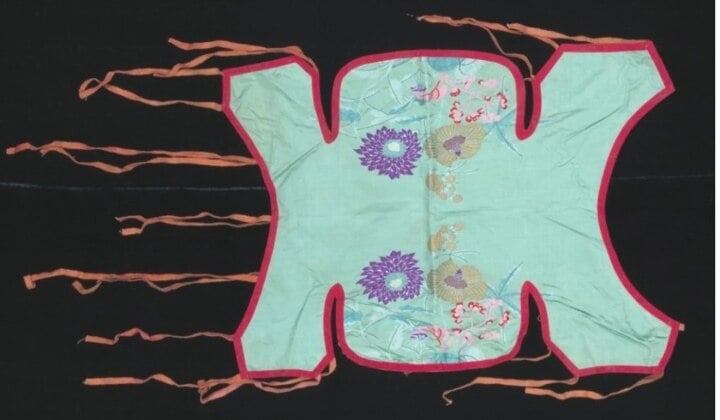
Clothes for Empress Dowager Cixi's pet dog. (Photo: Palace Museum)
Burial with jewelry and luxury items
Empress Dowager Cixi died in Yiwan Hall on November 15, 1908, one day after Emperor Guangxu's death. Her funeral was held with great pomp and ceremony for 12 months.
According to a 2002 article, she was buried with 1.2 million taels of silver worth of jewelry and luxury goods. A typical funeral activity was the burning of a giant paper boat on August 30, 1909.
The boat was 72 meters long and 7 meters wide, made of precious wood and covered with expensive silk. The boat was loaded with votive offerings imitating towers, palaces, and temples, and the servants wore clothes made from real fabric.
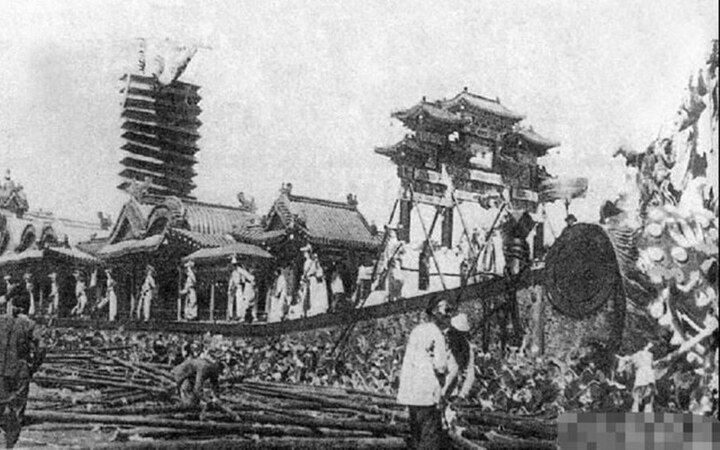
The boat took Empress Dowager Cixi to the other world . (Photo: Palace Museum)
The boat was burned near the West Gate of the Forbidden City, during a ceremony to pray for Empress Dowager Cixi to have a happy life in the afterlife.
She was buried in the Qing Dong Mausoleum, a complex of mausoleums for the emperors, empresses, and concubines of the Qing Dynasty in Hebei Province, near Beijing. In 1928, her tomb was looted by warlord Sun Dianying and his army.
HONG PHUC (Source: SCMP)
Useful
Emotion
Creative
Unique
Wrath
Source


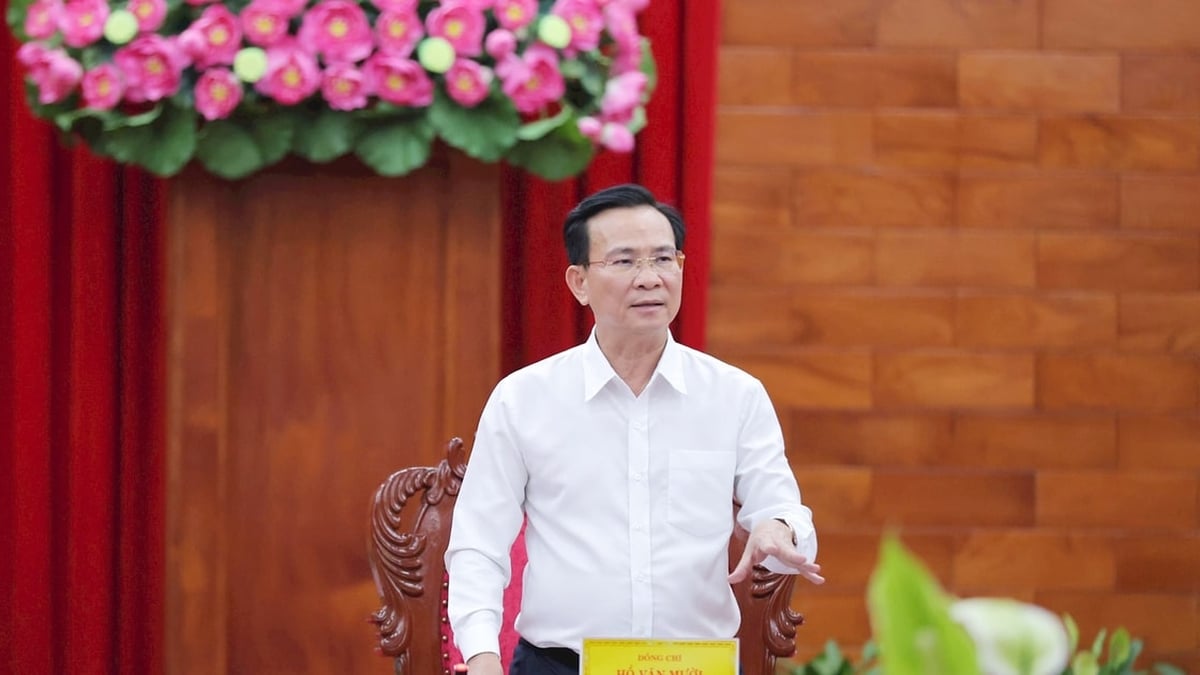
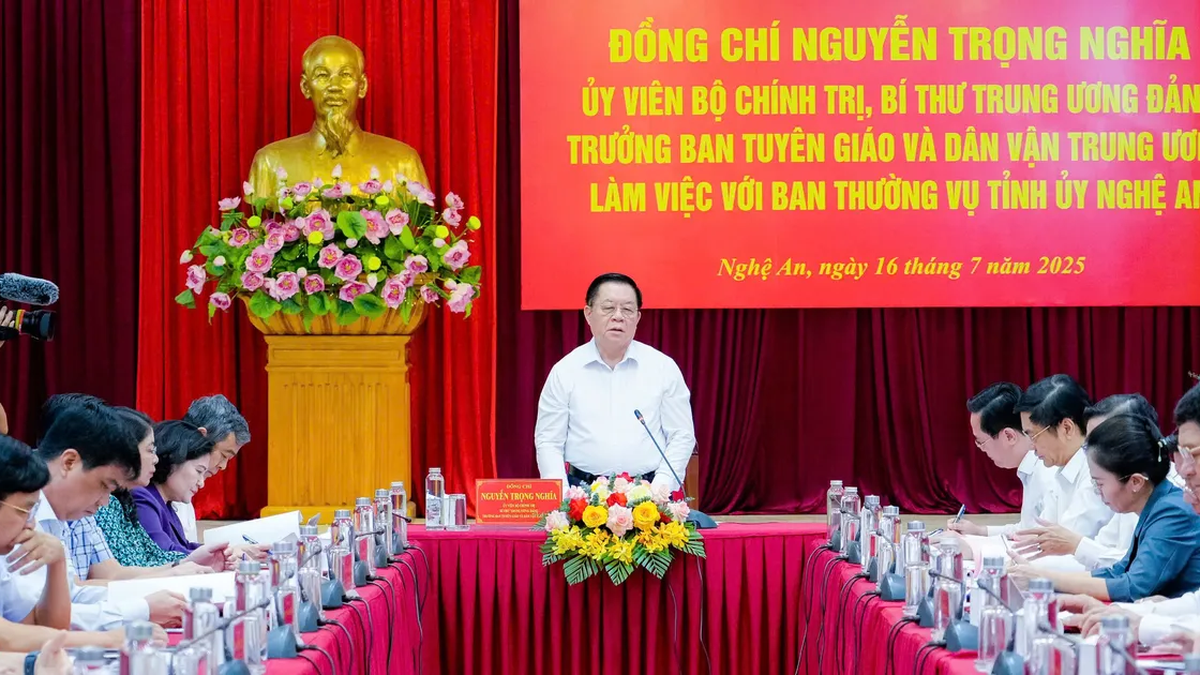

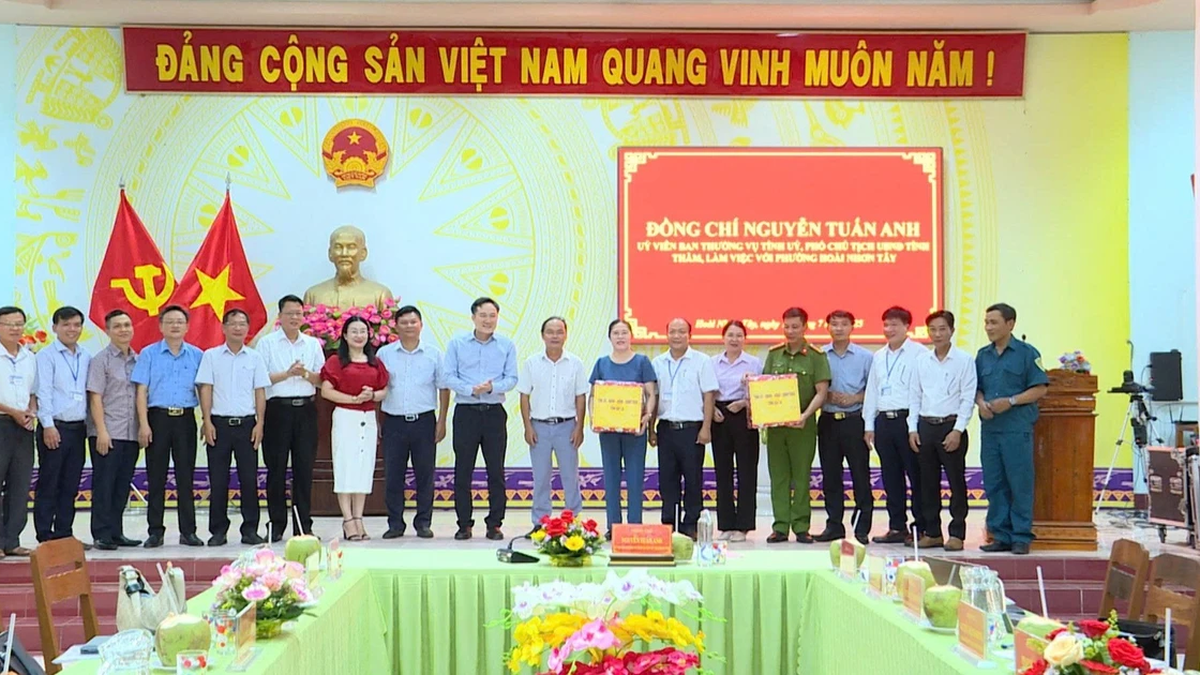


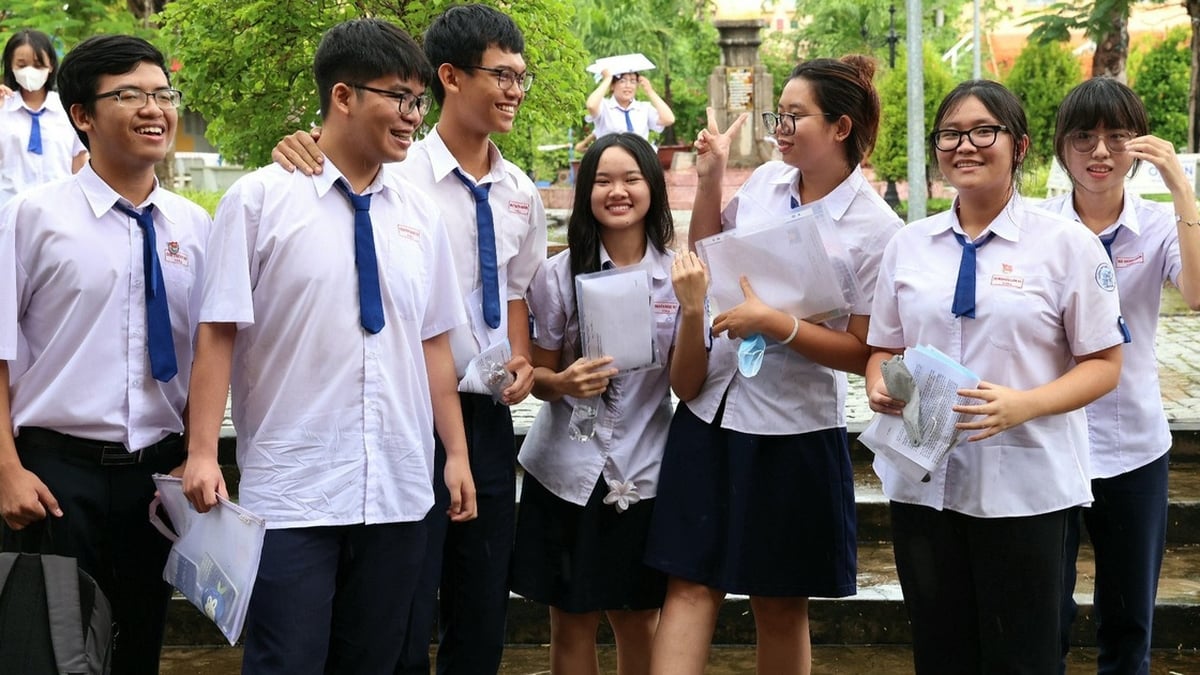











































![[Maritime News] More than 80% of global container shipping capacity is in the hands of MSC and major shipping alliances](https://vphoto.vietnam.vn/thumb/402x226/vietnam/resource/IMAGE/2025/7/16/6b4d586c984b4cbf8c5680352b9eaeb0)




















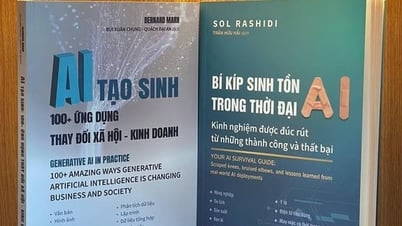
























Comment (0)